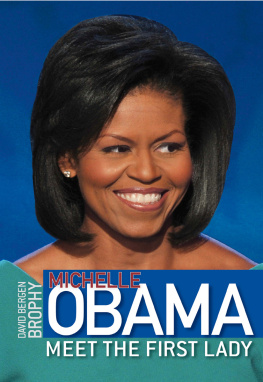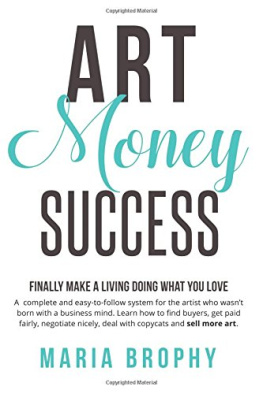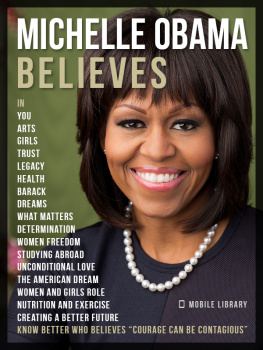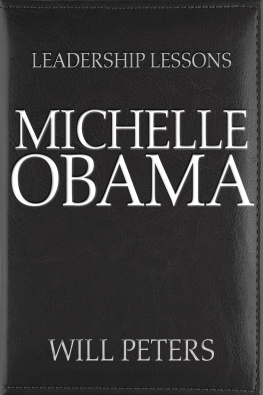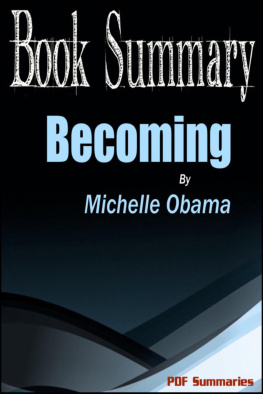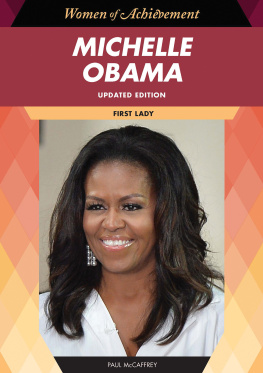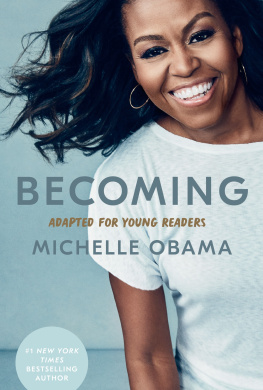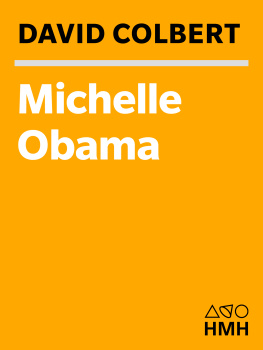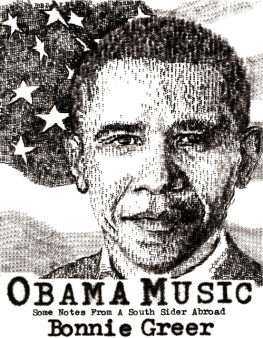Hometown: Chicago
Hog Butcher for the World,
Tool Maker, Stacker of Wheat,
Player with Railroads and the Nations Freight Handler;
Stormy, husky, brawling,
City of the Big Shoulders.
In 1916 the great American poet Carl Sandburg called Chicago the city of the Big Shoulders in his famous poem. He meant that the city was a busy, hardworking place just like the busy, hardworking people who lived there. Starting in the early 1800s, settlers of all kinds pushed into the vast area of America known as the West in their relentless search for more land and opportunity for themselves and their families. Chicagos geographic location put it at the heart of this western migration.
Chicago, with its deepwater seaport on Lake Michigan, was in the perfect position to serve as the center for growing trade with the rest of the emerging nation. Farmers who harvested their grain and stockmen who raised livestock all looked to Chicago to process and ship their produce, by rail and by ship, to hungry cities in the East.
During the last one hundred years, even as markets have changed and transportation methods have evolved, Chicago has remained a lively, competitive place to work and live. While rail traffic has slowed, OHare International is one of the busiest airports in the United States. Although the slaughterhouses that once covered the back lots of the city are gone, towering skyscrapers of international trade and commerce companies have taken their place. This is the city that Michelle LaVaughn Robinson Obama was born into and remains a citizen of today.
I am the product of a working-class background, Michelle Obama said with pride to audiences all over America when giving speeches in support of her husbands historic run for president. I saw hard work and sacrifice every day. Specifically, the little girl from the South Side had her own father to look to as an example. She was proud that her father, who was employed by the Chicago municipal water department, [had been] a city worker all his life.
Decades earlier, Michelles fathers father and millions of other African Americans had been a part of a great change that the city of Chicago had undergone.
At the end of the Civil War in 1865, when slavery was abolished, the economy of the United States was dependent mostly on small farmers and local skilled workers. Several generations after the end of the Civil War, the economy of the country became industrialized. As jobs became scarce in rural areas, work opportunities shifted to the cities.
The cities were growing, and jobs in factories, railroads, stockyards, and other businesses were plentiful. All of these industries needed workers. For years, these jobs had been eagerly filled by the Irish, Poles, Lithuanians, Germans, Italians, and other European immigrants who had sought better prospects than their native lands offered. But when World War I began in 1914, this flow of immigration began to slow down and native-born Americans, many from the South, began to take the immigrants places in industry.
The move away from rural, agricultural areas would become known as the Great Migration. This huge relocation of families would take place over several generations. Millions of people, primarily blacks, would leave their homes in states like Alabama, Mississippi, and North and South Carolina. They would settle with their families in the growing northern cities. This migration would change the face of urban America forever.
Chicago was such a city, and it became the destination of more than half a million African Americans from the South. Originally comprising just 2 percent of the city, by the year 2000, blacks would make up more than one-third of Chicagos population. One of them was Fraser Robinson, Jr., Michelles grandfather. He was a descendant of slaves. A brickmaker by trade, the elder Mr. Robinson left Georgetown, South Carolina, and settled on the South Side of Chicago.
Michelles father, Fraser Robinson III, spent his whole life working for the Chicago water department. In his early days he was a common laborer expected to do such manual tasks as cleaning, mopping, and performing general janitorial detail. Later, when he had more experience and years on the job, his work became more administrative and less physically demanding. Mr. Robinsons job allowed him to provide a decent standard of living for himself and his family. Even after he was diagnosed with a serious illness, he continued to be able to work.
Years earlier, he had served his country ably in the military. He was also a talented athlete and had been a boxer as a young man. But when Michelle was a young girl, Fraser Robinson contracted multiple sclerosis, a crippling disease that affects the muscles of the body. For most of the time Michelle knew her father, Mr. Robinson limped and, later, needed a cane to get around.
From her father, young Michelle learned the lesson that she could achieve whatever she wished to in her life if she worked hard enough at it. Because when you see a father like mine, a man with a disabilityhe couldnt walk without the assistance of a cane, she recalled. But he got up and went to work every day. Thats what I saw. He was a man who didnt complain, was never late, never expressed any level of doubt about his situation in his life, and taught us that we could dream of anything.
There was no doubt in Michelles mind that her father had selflessly put off his own dreams. He did this so that she and her brother could achieve whatever they dared to hope for. That is what gave him his hope, she said. He had long since put down his hopes and dreams for his own life. Michelles father was a man whose life of hard work and suffering had not been in vain because of what he could give to her and her family: By getting up and going to work every day, and keeping a roof over our heads, and being diligent and honest, he put two kids through Princeton. Imagine that.
Fraser Robinson served as a role model for being a tireless and uncomplaining hard worker. Michelle would take on these characteristics herself later in life. Fraser Robinson would also provide a glimpse into a world that would be very much a part of his daughters life: politics.
When he was first married, Fraser Robinson became involved with the local Democratic Partya very powerful force in Chicago both then and now. Even though he was only a volunteer, Mr. Robinson eventually became a precinct captain, an important position in the party. In this role, he would do such hands-on duties as going door-to-door, handing out information, and chatting with neighbors. It was his job to get to know and understand the concerns of the voters within his area. Naturally, as a precinct captain, Fraser Robinson was also expected to encourage the people to turn out and vote for the Democratic candidates who ran for election in the district.

